Trending Now
Wednesday, Aug, 2024
Home / Government's New Regulations For Social Networking & OTT Sites And Digital Media.
Government's New Regulations For Social Networking & OTT Sites And Digital Media.
Nowadays, digitalization has emerged in our life like something too essential we can’t live without. Especially..
 by Himani Verma /
by Himani Verma /  12 Mar 2021 22:35 PM IST /
12 Mar 2021 22:35 PM IST /  0 Comment(s) / 495
0 Comment(s) / 495
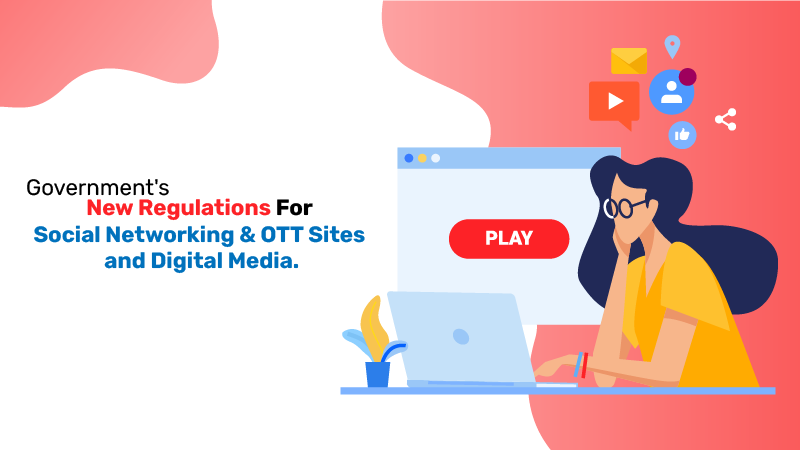
Nowadays, digitalization has emerged in our life like something too essential we can’t live without. Especially, the relation of students with internet and social media platforms has grown well. Day by day the social media and OTT platform users are increasing and most of them are students and young personnel. Hence, it is necessary to take a serious look over the content available there. Considering the same, the Modi Government has taken some steps by stringing new regulations for social networking sites, OTT websites, and digital media.
Digital news and OTT platforms must adhere to broad content standards given for television and print mainstream press, whilst also social media sites must establish objection redress processes.
OTT and Digital news organizations will also be required to adhere to the same broad content standards as television and print media, whereas social network intermediaries would be required to build a dispute resolution process to address consumer concerns.
As per a series of new rules issued by the Modi govt on Wednesday, all digital media & OTT channels would be required to set up a dispute settlement mechanism to determine individual material grievances.
Throughout the event of an emergency, the regulations also enable the I&B member to restrict community access to specific information.
These same Broadcast Tv Networks Regulations, as well as the Media Councils of India's Standards of Journalism Behavior, which govern the substance broadcast, live, and in broadcast media, will apply to online media sites.
The Cyber Security (Middleman Rules and Online Content Ethical Culture) Laws, 2021, were announced at a media briefing by IT Secretary Ravi Shankar Prasad as well as I&B President Prakash Javadekar.
The regulations require OTT sites to categorize their contents into several age groups: U/A 7+, U (Universal), U/A 13+, U/A 16+ and A (Adult) and also to enforce parental controls for material categorized as U/A 13plus or older, as well as effective authentication processes for content categorized as "A."
As per the regulations, websites must implement additional access control procedures and clearly reflect the classified ranking assigned to each service or application, as well as a material descriptor that informs users of the video's existence.
According to a govt announcement, they can also have an audience explanation (if applicable) only at the start of the show, allowing the person to define an educated choice while viewing it.
A Three-Tiered Performance Accountability System Is In Place:
Both video distribution sites and online media services must introduce a fully complaints redress system under the new regulations.
It will include a publisher personality, a self-regulatory body led by a former Judicial Branch or a higher court, as well as an inter-ministerial commission — to be appointed by the govt — to investigate individual allegations and take measures against all the infringement.
An alert or censure to the sites, as well as a directive to restrict or remove the relevant content, may be taken.
In the event of a disaster, the I&B minister may even attempt to restrict open access to a certain site without allowing the website a chance to respond, according to the regulations.
In the context of India's dignity and independence, defense, protection, good ties with international organizations, or social safety, or to avoid sedition to the execution of any punishable offense related to the above, Section 69A of the Information Technology Act of 1998 requires the Center to obstruct open access to an individual.
According to the govt announcement, there have been public complaints regarding digital advertising challenges on both web media & OTT channels.
"Democratic society, producers, government figures, labor organizations, and unions have all expressed their concerns, emphasizing the critical requirement for an effective systemic method," according to the release.
Parents have lodged several complaints with the state, demanding action.
"A few court cases in the Judicial Branch, as well as judicial rulings, had also implored the government to take appropriate action," according to the document.
Intermediaries' Guidelines:
A different collection of recommendations for service providers, particularly social networking mediators, was also released.
That new regulations require internet intermediaries to set up a dispute redress system to handle grievances by consumers or offenders.
It specified that mediators must designate a "Grievance Agent" to handle such grievances and also that the identity and contact details for such a person must be shared.
The guidelines specified that intermediaries must delete or disable the access throughout 24 hours of receiving a complaint of material that reveals the private parts of entities, including females, display those people in full or partial sexuality or in consensual intercourse and is in the form of imitation, including distorted photos, etc.
The laws also create a difference among social networking mediators and significant social media mediators, which is dependent mostly on no. of people on the social media platforms.
Popular social media mediators would have to meet extra proper research.
All the laws further asserted that a mediator against obtaining actual experience in some kind of an arrangement by the government or staying informed by the relevant govt administration would not publish or host any data that is banned following every rule in connection to the case of the independence and honor of India, government engagement, close relationships with international nations, etc.
The future of our country is highly required to understand the difference between what is right and wrong & what’s fake and true. With the help of such regulations, it will become easier to control the situation. Also, the parents will be benefitted as they can keep an eye on their child’s Social media presence.
EShort / February 16, 2024
IMS Noida Admissions 2024: Apply for UG, PG programmes
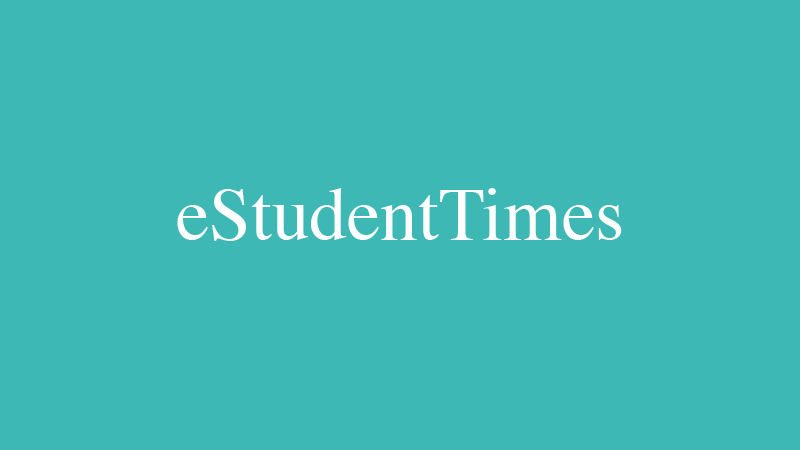
EShort / February 16, 2024
GATE 2024: Response sheet out
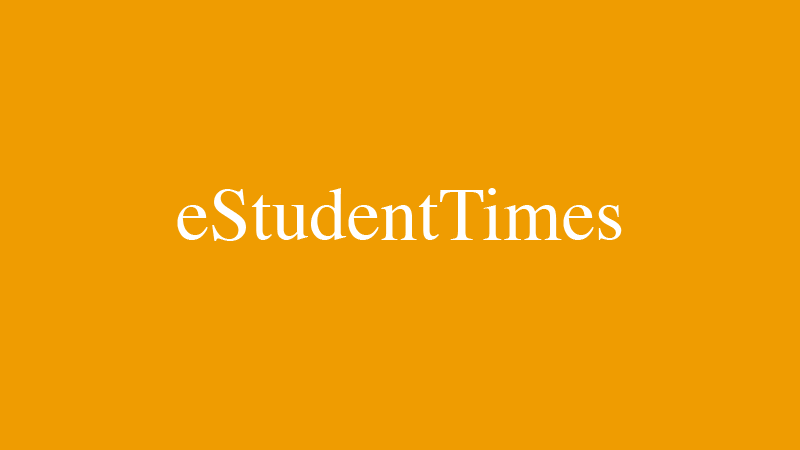
EShort / February 16, 2024
BSSTET 2023: Admit card released
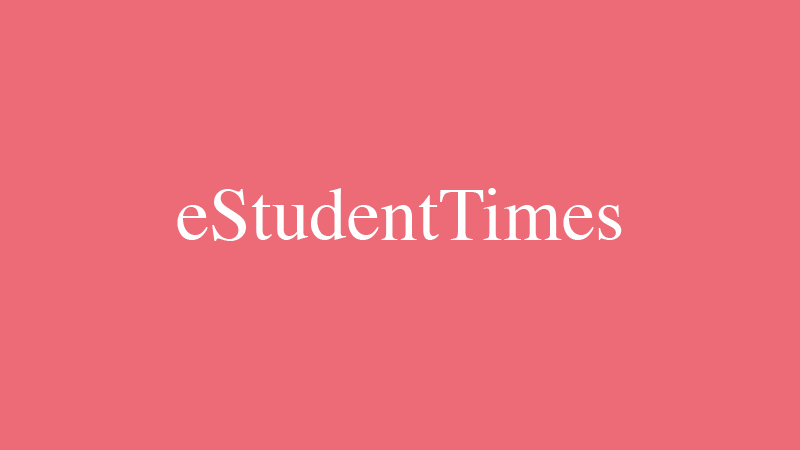
EShort / February 16, 2024
NID DAT 2024: Prelims result released
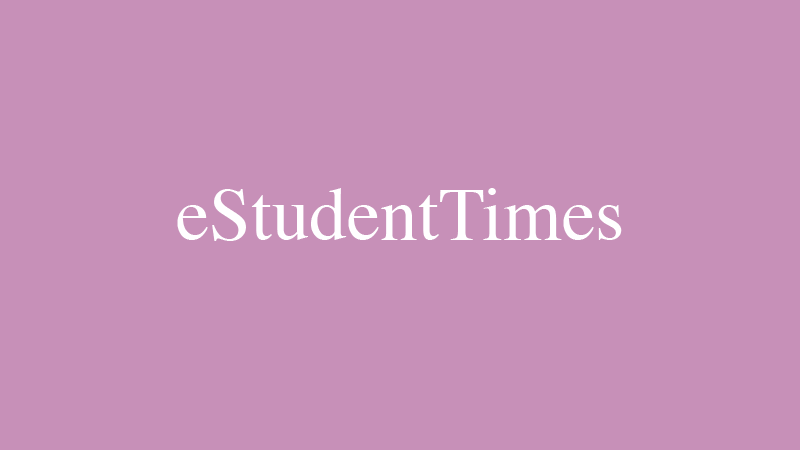
EShort / February 16, 2024
IIT JAM 2024: Response sheet released
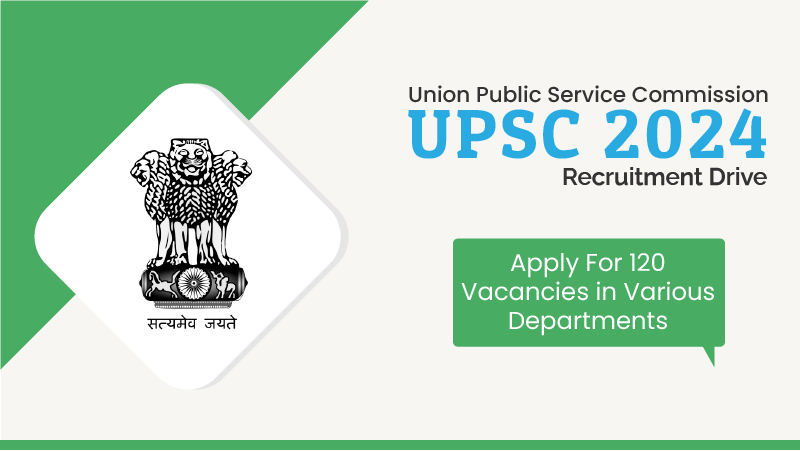
Jobs / February 16, 2024
UPSC Recruitment Drive 2024: Apply for 120 vacancies in various departments
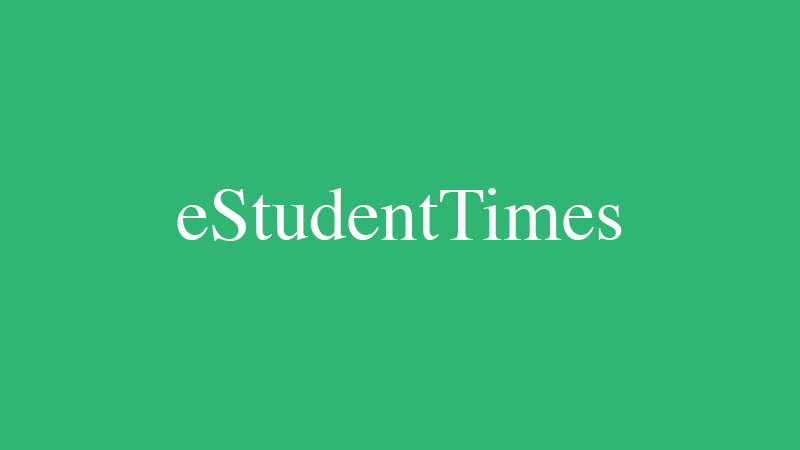
EShort / February 14, 2024
UPSC CSE 2024: Official Notification issued; application process begins
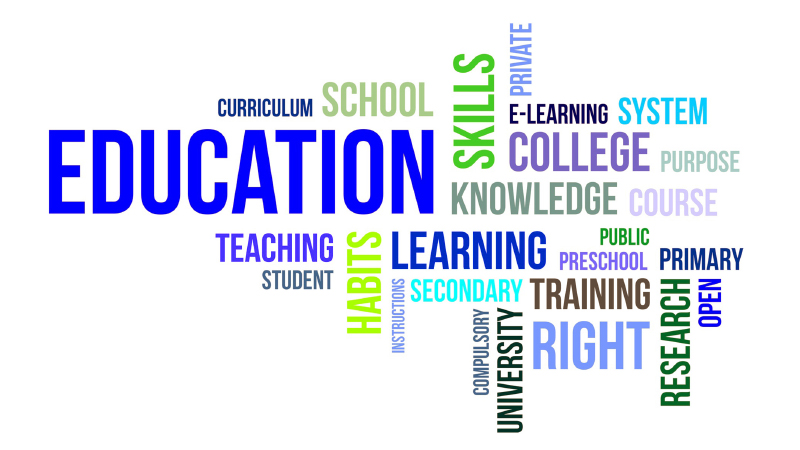
Editor's Desk / April 17, 2020
How Does Society Impact Our Education?
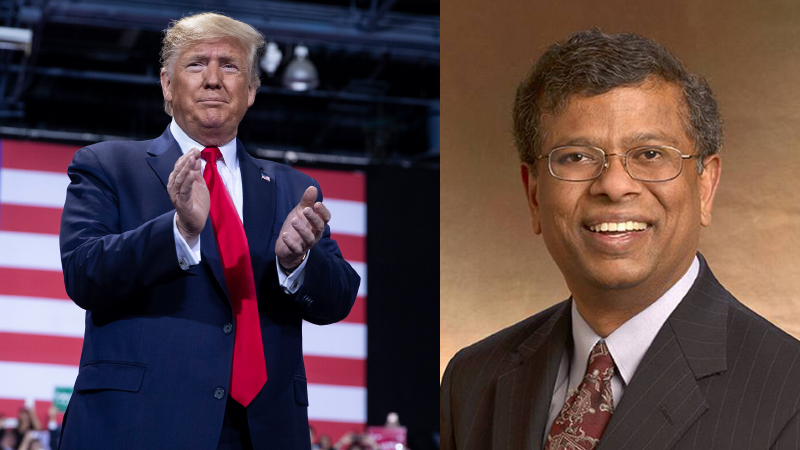
Current Affairs / April 22, 2020
Mr. Sudarsanam Babu appointed to U.S. Science Board.
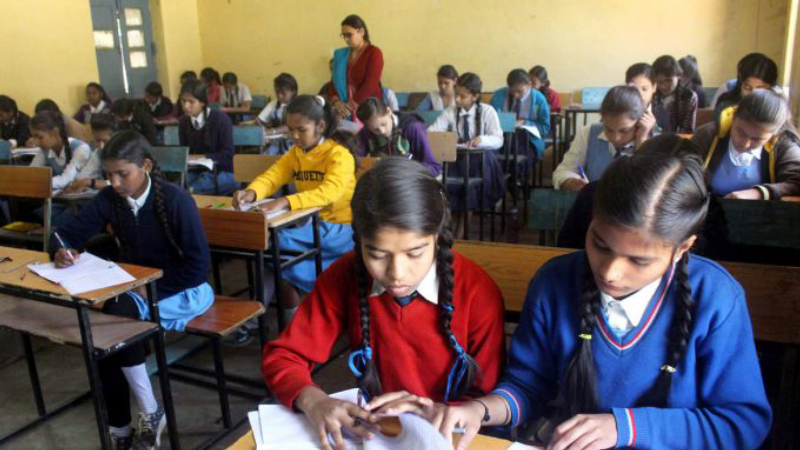
Reforms / April 17, 2020
Traditional Structure of Education In India
.jpg)
Events & Seminars / April 17, 2020
PISA!!
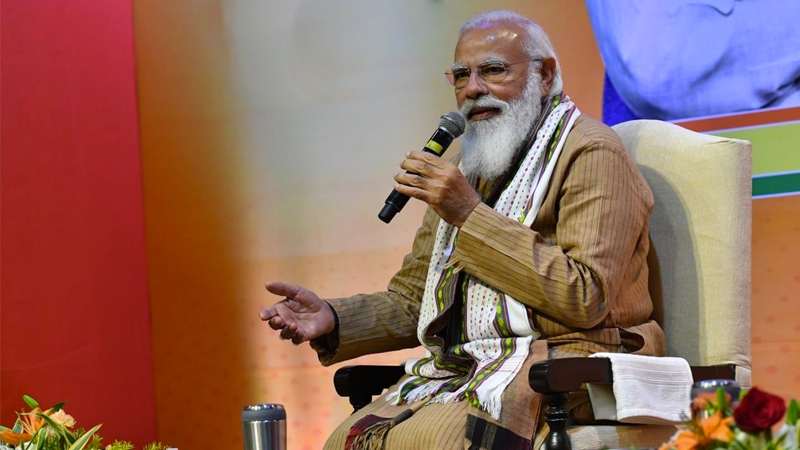
Blog / February 26, 2021
Government's Action On #ModiRojgaarDo
EShort / May 19, 2022
CUET PG 2025 has started the registration process.
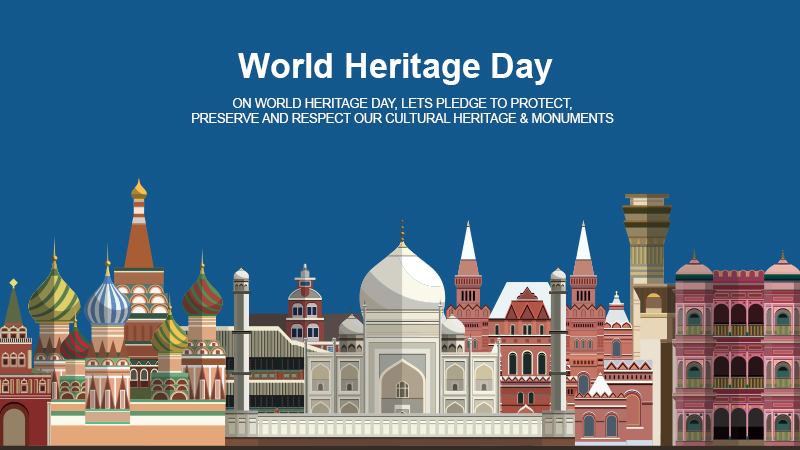
Notice Board on Important Dates / April 21, 2020
World Heritage Day
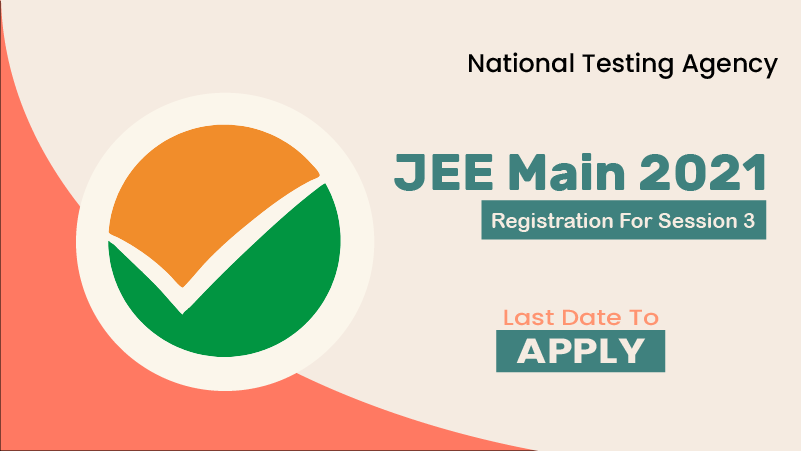
News / July 08, 2021
JEE Mains Registration For Session 3: Last Date To Apply
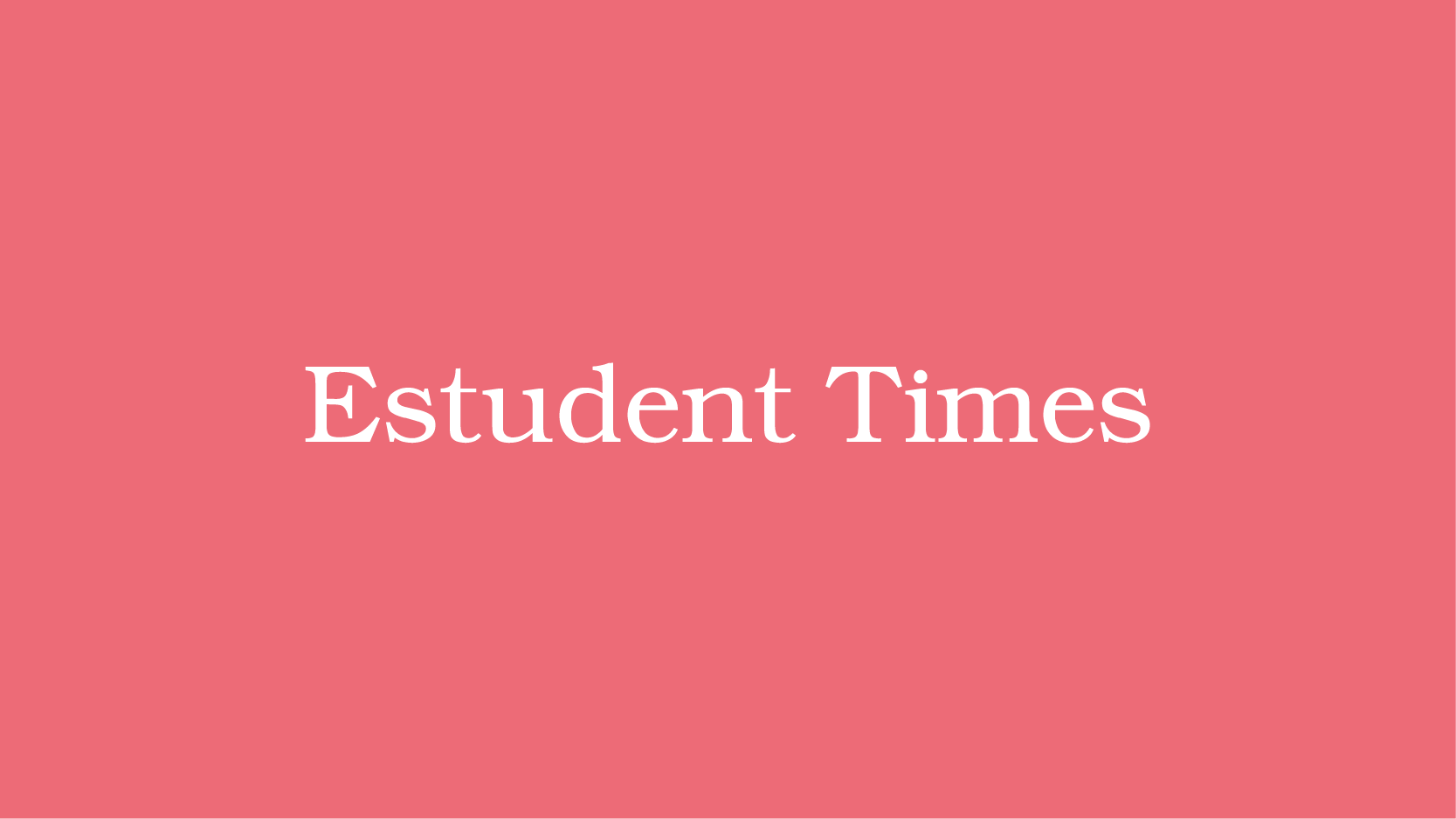
EShort / June 11, 2022
KCET 2022 registration reopen today
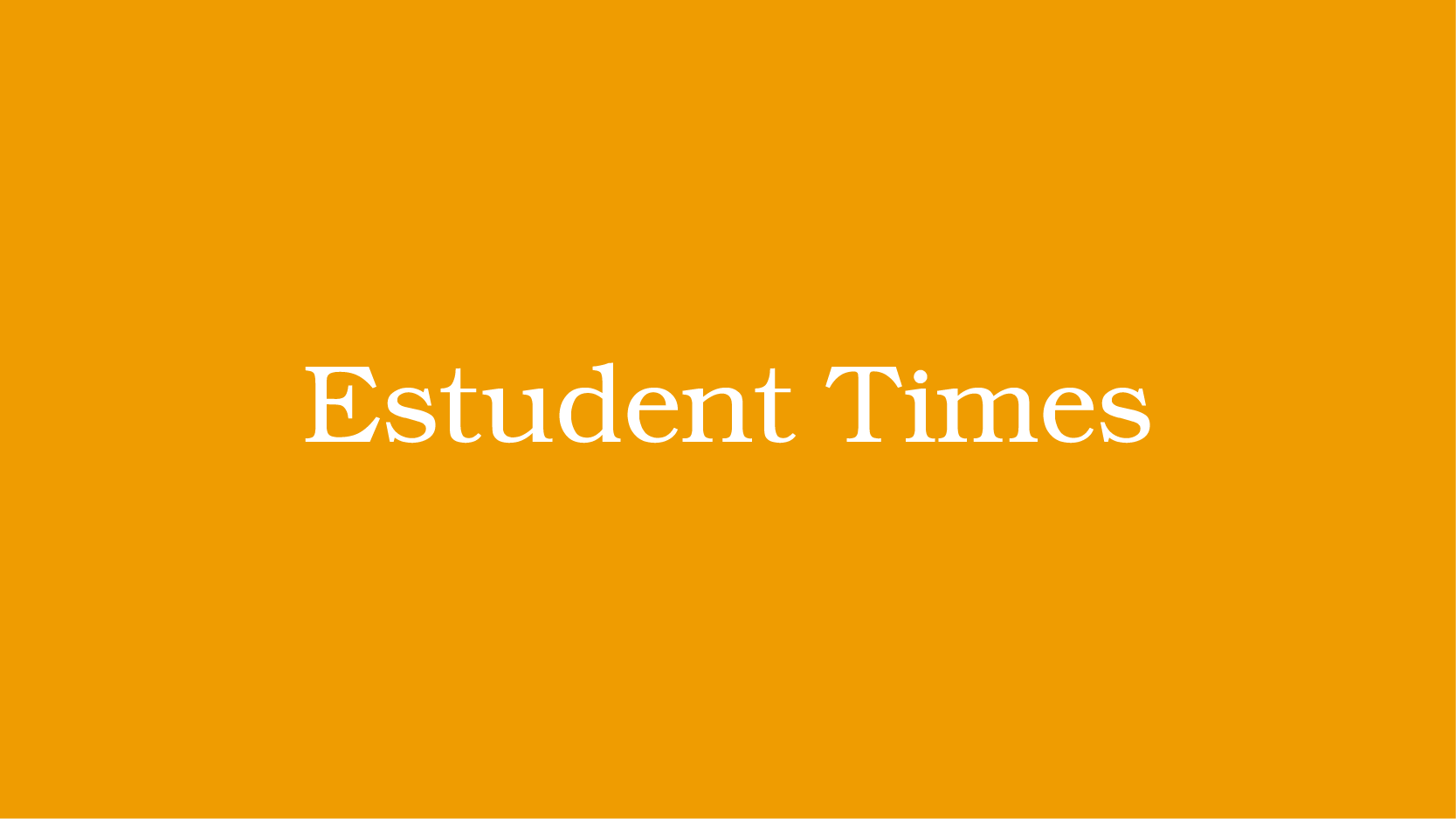

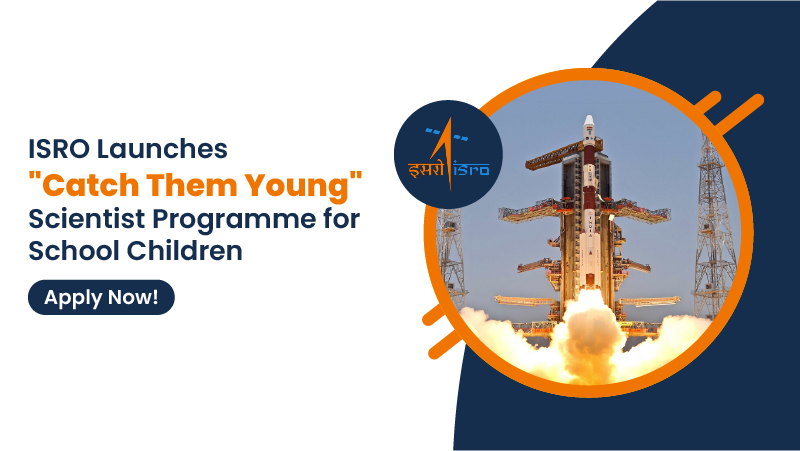
 Program 2024 for Financially Disadvantaged Students-02.png)

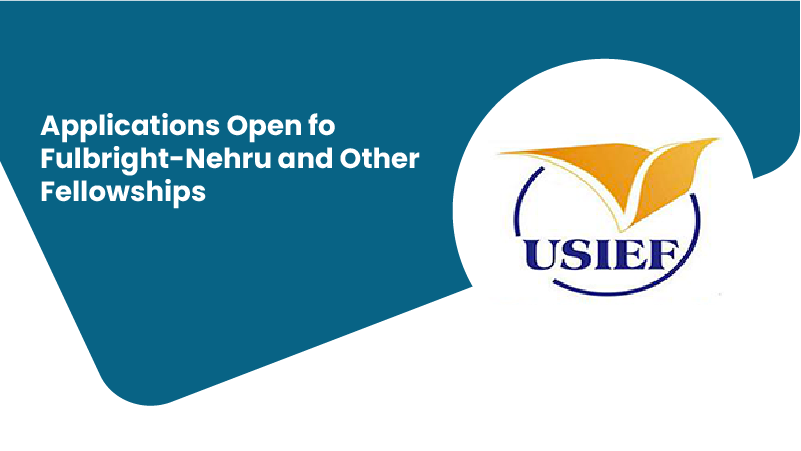
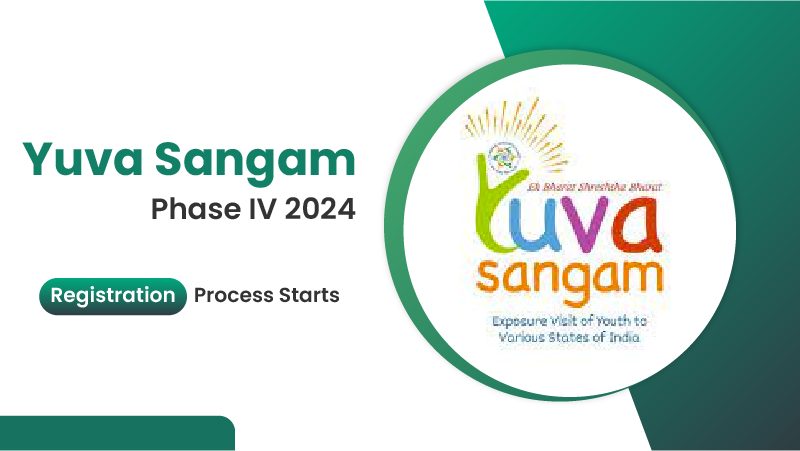
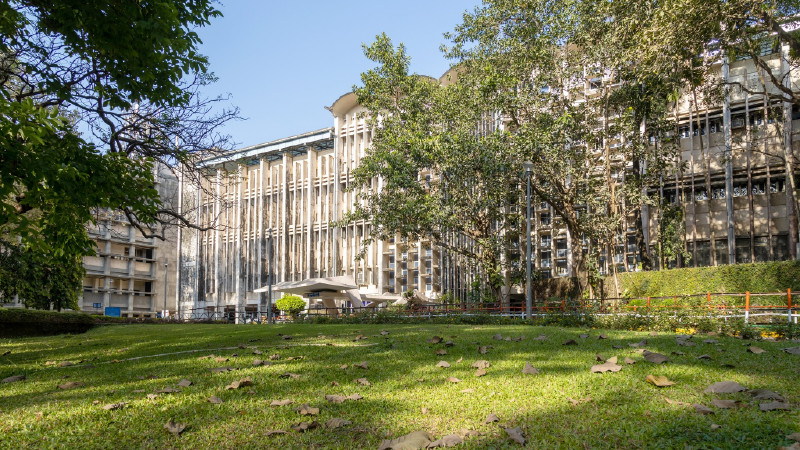




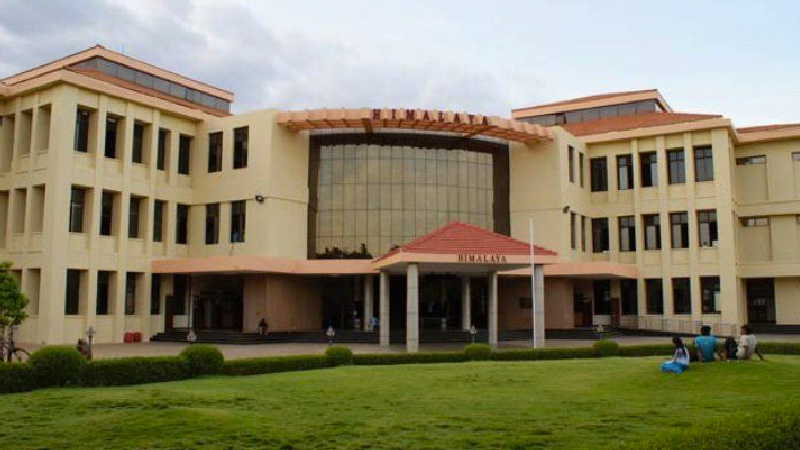
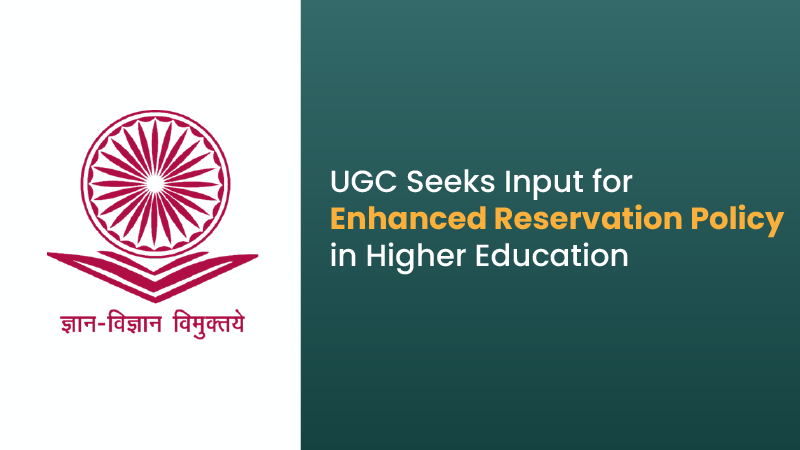

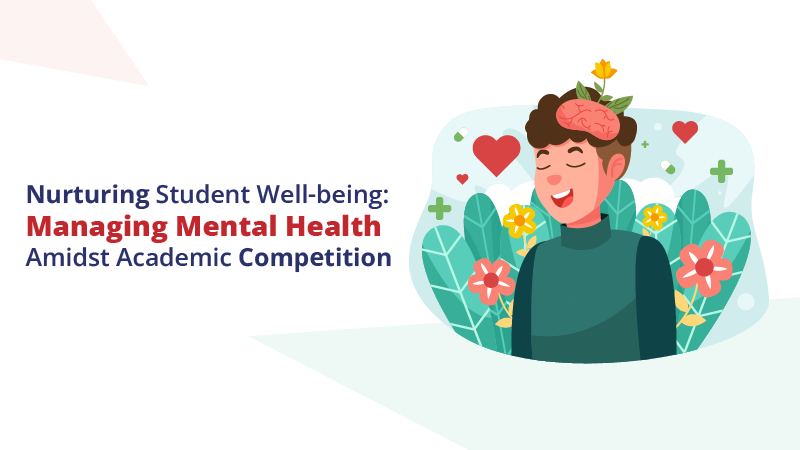
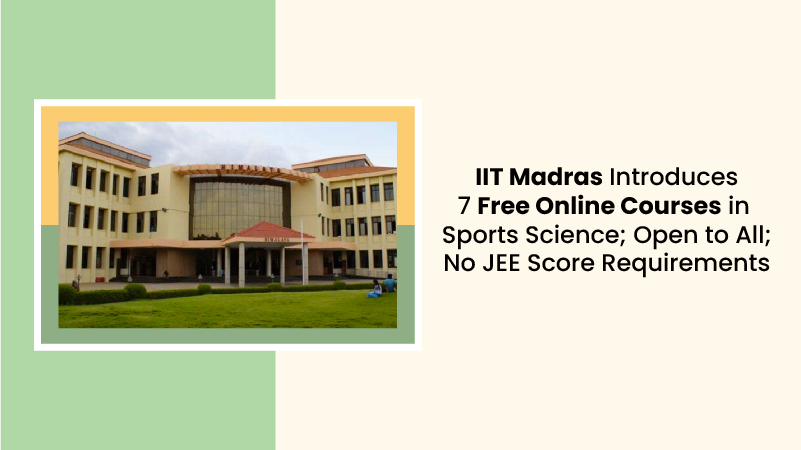
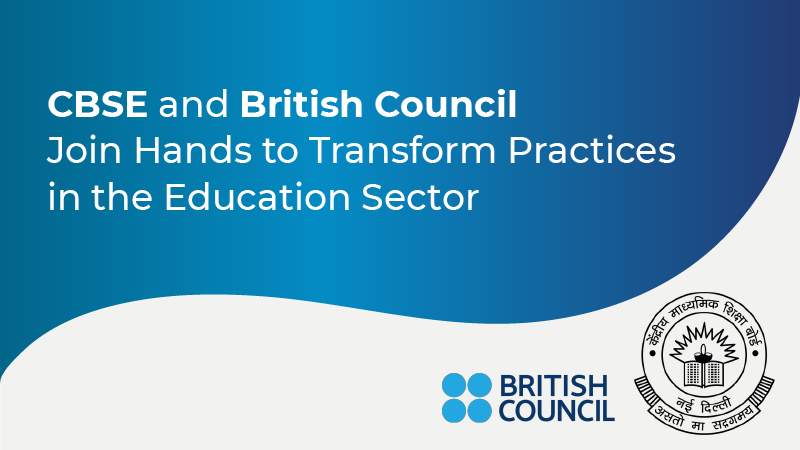
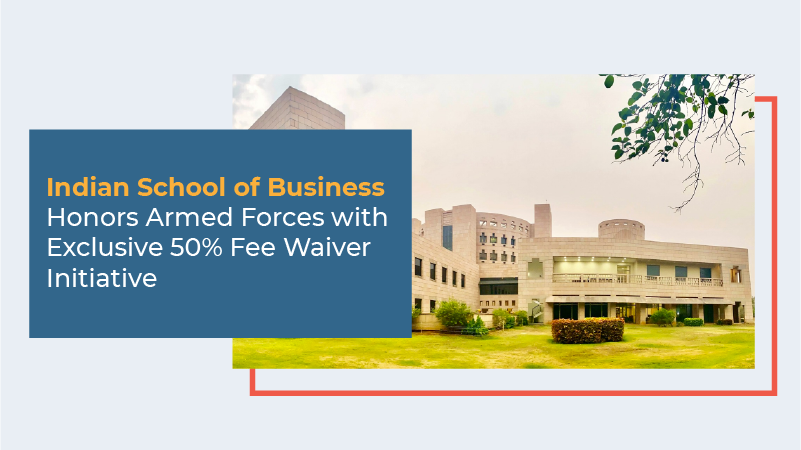
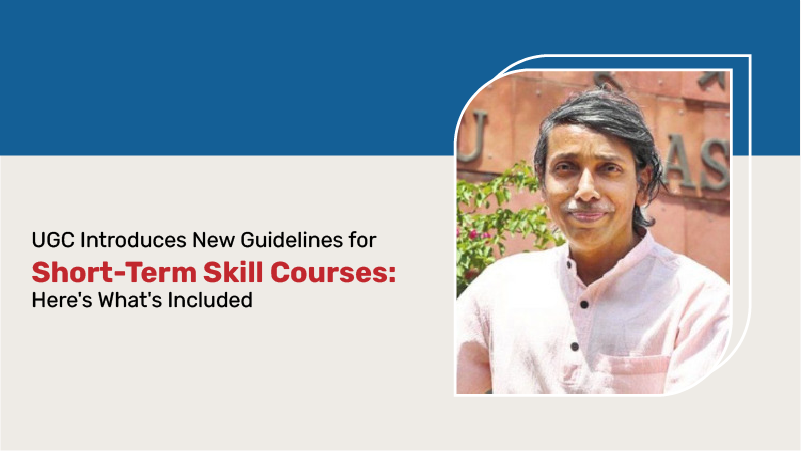
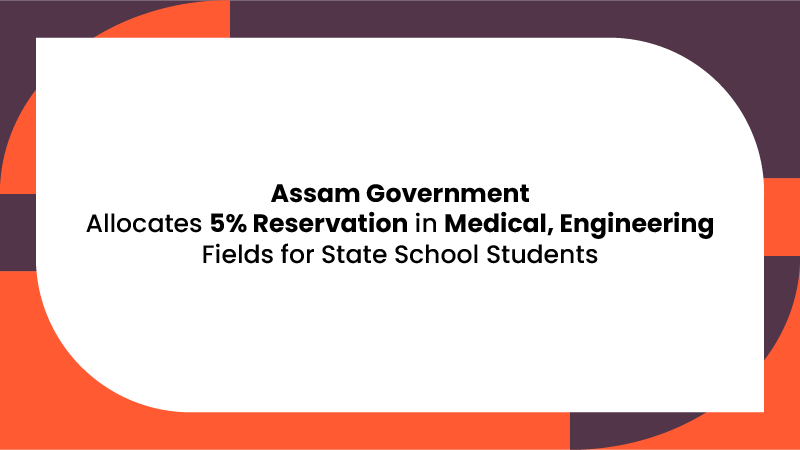

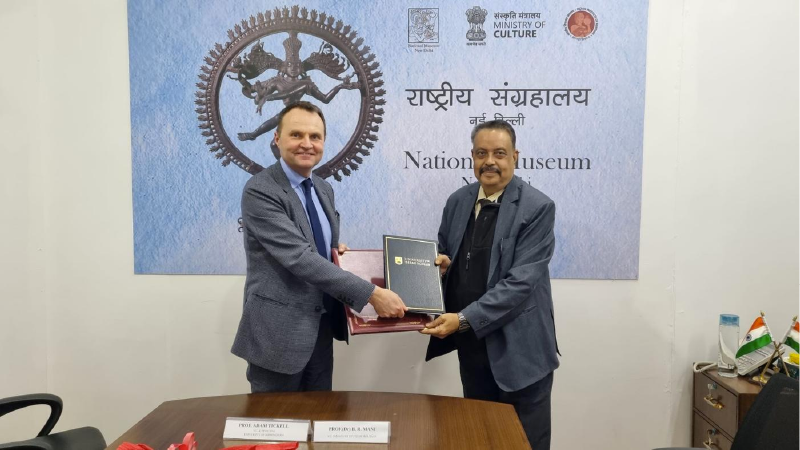
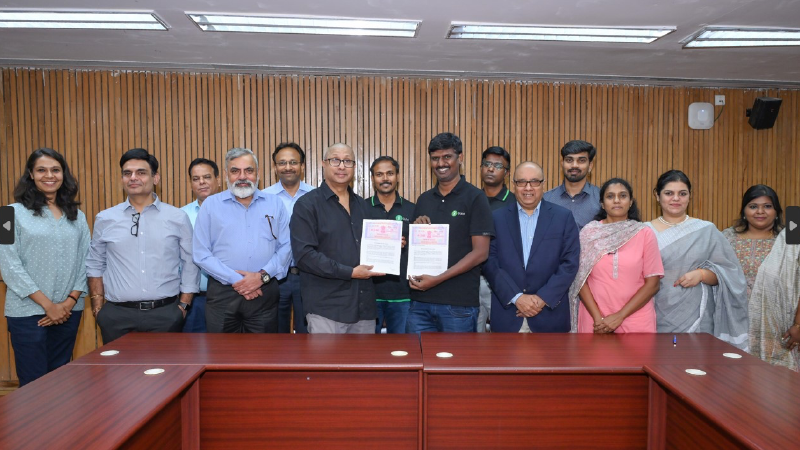
0 Comments
Post Comments